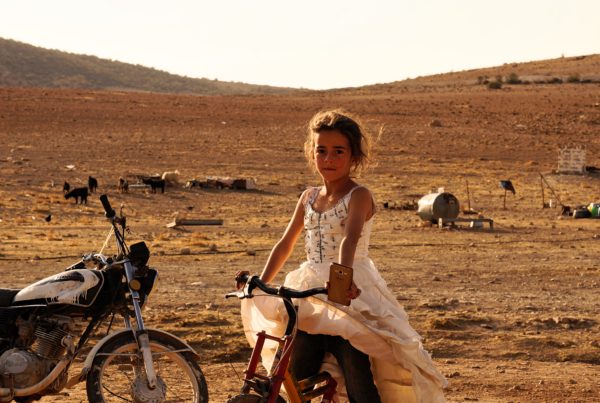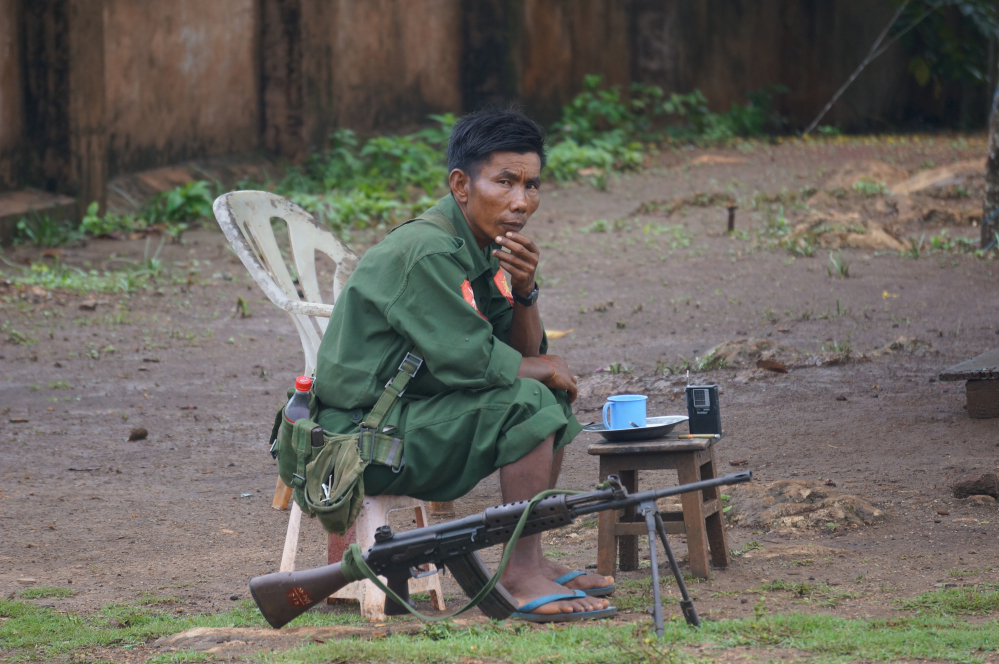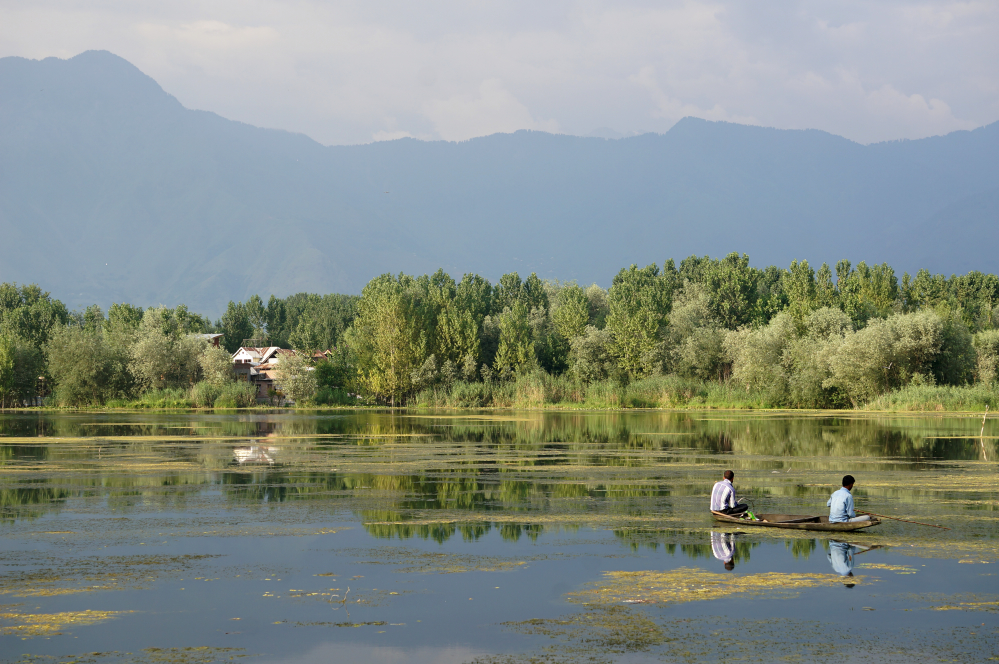One of the greatest battles the Ta’ang people must face is providing essential education services for their communities. In Numchang, Mr Mai introduces me to a monk named Sasana.
“Most Ta’ang villages in Shan state don’t have schools or medical clinics. The government has said the villages are too remote,” he tells me as we eat a plate of mangos together.
It seems incredible that one of the states producing a gas pipeline with estimated profits of $29 billion refuses to provide education and health services for the ethnic communities directly affected by that same project. As the numbers of internally displaced ethnic people in the state increases education suffers limiting the chances for the Ta’ang people to rise above the poverty line.
“Education is not necessarily their highest priority,” Mr Mai says. “The first concern for these communities is having enough rice to eat. Their lives are based on farming and when violence displaces them at harvest time they may not survive the winter.”
The impact of restricted education upon people is significant. In a class of Ta’ang students at TSYU, one of the boys has never received a proper education. His learning capacity is significantly lower than the other class members. I have to convince the students and the teachers that mermaids aren’t real.
The onus then falls upon local community groups such as TSYU and international organisations to support education opportunities for the local people. As TSYU is not affiliated with the Burmese government, it relies on funding from INGOs and volunteers to support their cause.
“Education is the most powerful tool we have,” Mr Mai says. “The more we know the more we can support ourselves. But we need help.”
TSYU runs a quarterly internship program for 20 teenage Ta’ang students from across the state teaching them subjects such as human rights, environmental rights, citizenship, democracy, domestic violence, gender ethics, and English. TSYU also assists orphanages and owns a boarding house that accommodates over 200 students who attend state schools in the Lashio area. When I visit the boarding house I watch a crying mother from the north of the state drop off her two sons aged 7 and 9.
“They have better opportunities here,” she tells Mr Mai.
There are 25 children at the Kachin orphanage we visit, all displaced due to violence, drug addiction, and poverty. Without TSYU’s support, I am unsure what would happen to these kids.
Sasana, with the aid of foreign donations from organisations such as the Barnet Institution, has established four bamboo primary schools for Ta’ang children over the last 4 years, employing teachers and supplying education resources. The biggest school teaches 150 kids, the smallest teaches 50. This year he intends to build two more and the year after he predicts he will build twenty more. Despite the donations the kids don’t always have pens and paper so they use wood and chalk.
“This year I will take forward an education proposal to the government outlining the work I have done with the schools. I am hopeful that the government will take over the schools and run them,” Sasana says.
Considering the current local and international context, TSYU’s role as an ethnic community group is all the more important. Countries are retreating further and further from their international agreements to resettle refugees which makes it increasingly important for persecuted groups to resolve domestic conflicts internally and, where possible, to advocate for their place in society. TSYU is an organisation doing just that, empowering its people through education and employment; fighting for justice against persecution, not with arms, but with words and ideas and media.
“Our hope is for federation within the union of Burma,” Mr Mai says, “so we can have a greater opportunity for equality in our own country.”
While TSYU’s work is inspirational, I wonder if in the Ta’ang people’s fight for ethnic identity they feel removed from the Burmese nation.
“I am Ta’ang first,” Keedang tells me. “I feel the best way to improve my country is to improve the situation for my people. How can our country run efficiently if there are people suffering within it? How can our country run properly if there is civil war? Or if there is corruption? I want to improve the lives of the Ta’ang people and I can’t feel a part of Burma until we have equality.”


